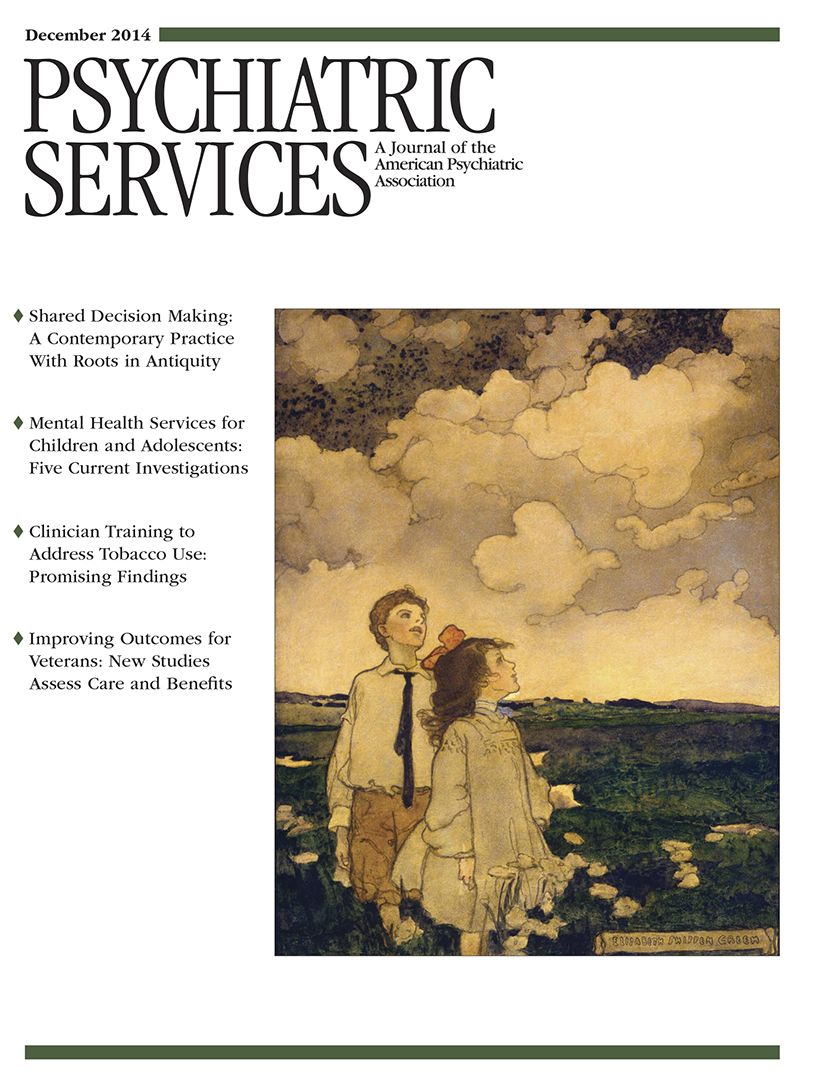Sea of Hooks
I am not sure who or which is more strange and unique—the book’s protagonist or its style.
Style
This book has no chapters: it is a seemingly endless series of sections, each with a short title and anywhere from seven words to two pages of exegesis. Nor does the narrative follow linear time; we ricochet from present to past and back to present. We follow Christopher Westall, the protagonist, as he inhabits San Francisco, Bhutan, and his idiosyncratic interior. Reflections and meditations, often in italics, intersperse the story of a very lost soul and those he meets, who are equally lost, but in different ways.
The people we meet
Christopher seems to have some form of autism spectrum disorder, I infer, from the oddness of his thoughts, his social maladroitness, his learning problems yet brilliance at bridge and bond trading, the meaning he attributes to the detritus he finds about him (which he endows with great importance), and the imaginary, separate reality that occupies his mind. His mother kills herself in his old room, which prompts his eastern adventure. His father was an alcoholic. Christopher was sexually abused as a teenager by a trusted tutor. He became a protégé of an older man, Dr. Thorn, who walked back into his burning house to his death.
There were others:
Rinpoche
Trungpa Rinpoche was the 11th descendent in the line of Trungpa tülkus, important teachers of the Kagyü lineage of Tibetan Buddhism.
Neurotypicals
People with Asperger’s disorder (now part of autism spectrum disorder, thanks to DSM-5) regard those who are not so affected as “neurotypicals.” I am a neurotypical. I have my limitations.
A more curious incident
Have you read Mark Haddon’s The Curious Incident of the Dog in the Night-Time? That’s a fascinating book, which is about to open as a Broadway play.
Philip Glass
I recall the first time I heard the music of Philip Glass. I went to a concert of his music with a very accomplished musician and music educator. She was entranced by his work. I immediately disliked it and its dysphoric tonality. I never could acquire the taste for his work. I guess I am conventional in my music and in my literary tastes.
Some reviewers have greeted Lindsay Hill, the author of Sea of Hooks, as a brilliant innovator; they say this first novel (after a career as a poet) is a remarkable piece of writing. I would not have finished the book had I not committed to review it. Maybe he is an acquired taste?



